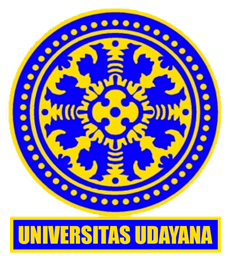Policy of Screening for Plagiarism
All manuscripts submitted to Journal of a Sustainable Global South are subject to a plagiarism screening process using industry-standard software like Turnitin, iThenticate, etc. This is done to uphold the integrity and originality of the scholarly work we publish.
Definition of Plagiarism
We define plagiarism as the act of taking another person's ideas, words, or work and presenting them as your own without proper attribution. This includes, but is not limited to:
-
Direct Plagiarism: Copying text verbatim from another source without using quotation marks or proper citation.
-
Paraphrasing Plagiarism: Taking the structure and ideas of another person's paragraph and presenting them in slightly altered words.
-
Source Plagiarism: Using information from a source without citing it at all.
-
Self-Plagiarism: Reusing substantial portions of your own previously published work without proper acknowledgment or citation.
Screening Procedure
-
Initial Submission: After a manuscript is submitted, our editorial team conducts an initial review to ensure it meets our submission guidelines.
-
Plagiarism Check: Manuscripts that pass the initial review are scanned using our plagiarism detection software. A similarity report is generated, showing the percentage of text that matches existing sources.
-
Report Evaluation: The similarity report is manually evaluated by an editor. A high similarity percentage doesn't automatically mean plagiarism. The editor analyzes the report to determine if the similarities are from properly cited quotes, a bibliography, or unethical plagiarism.
-
Corrective Actions:
-
If minor plagiarism is found (e.g., incomplete citations), the author will be contacted and asked to revise the manuscript.
-
If a serious case of plagiarism is discovered, the manuscript will be rejected immediately.
-
In extreme cases, the journal reserves the right to blacklist the author and inform their affiliated institution.
-
Our Commitment
Journal of A Sustainable Global South is committed to maintaining the highest ethical standards in scholarly publishing. This policy is designed to protect the intellectual property rights of authors, readers, and the scientific community. We encourage all authors to practice good writing ethics and ensure that all sources used are accurately cited.









(1).png)

